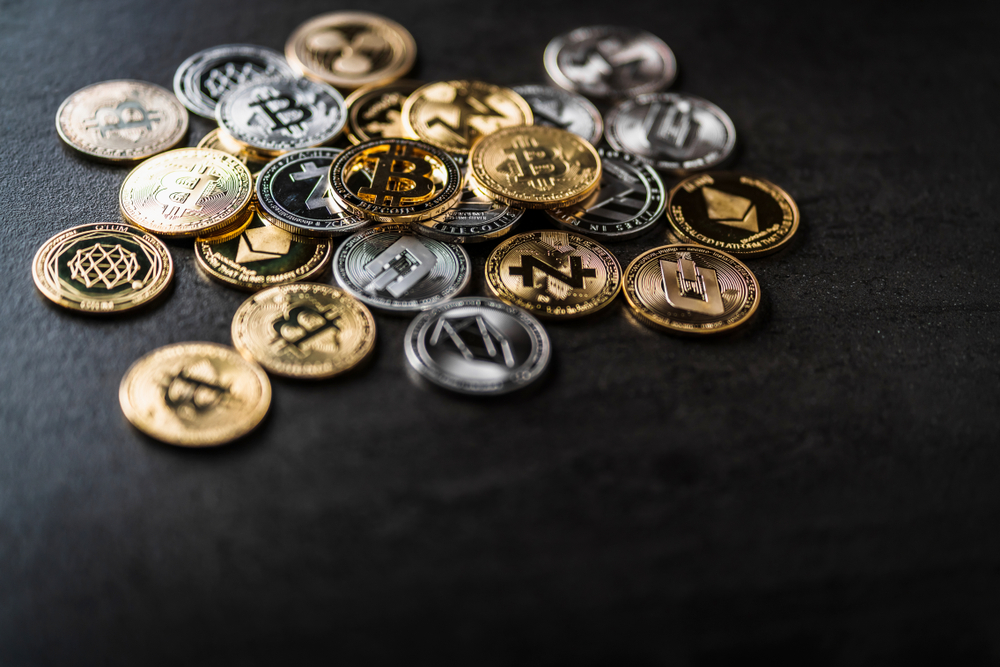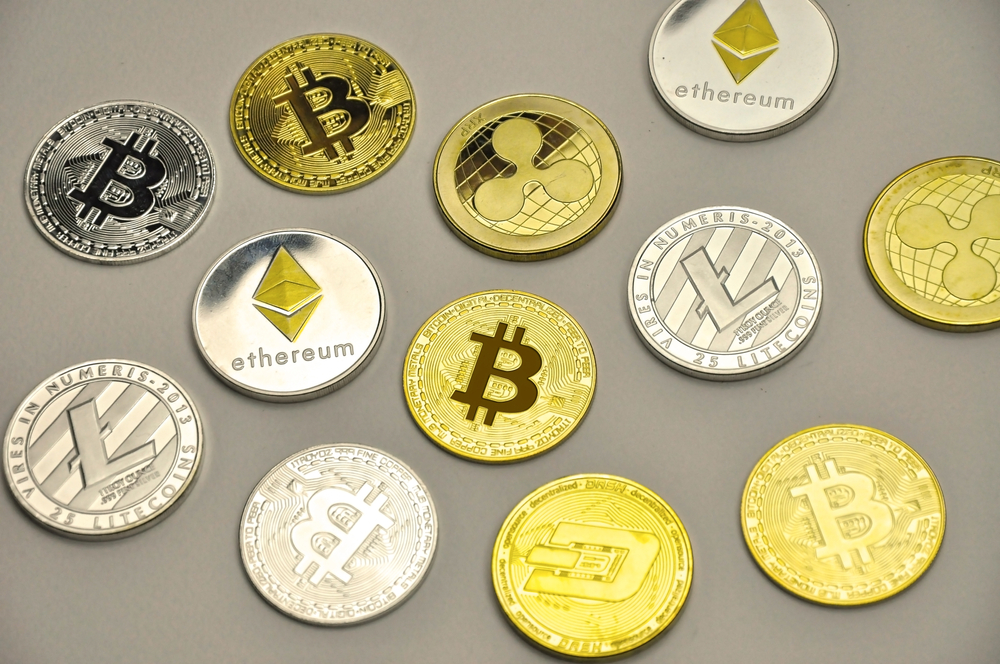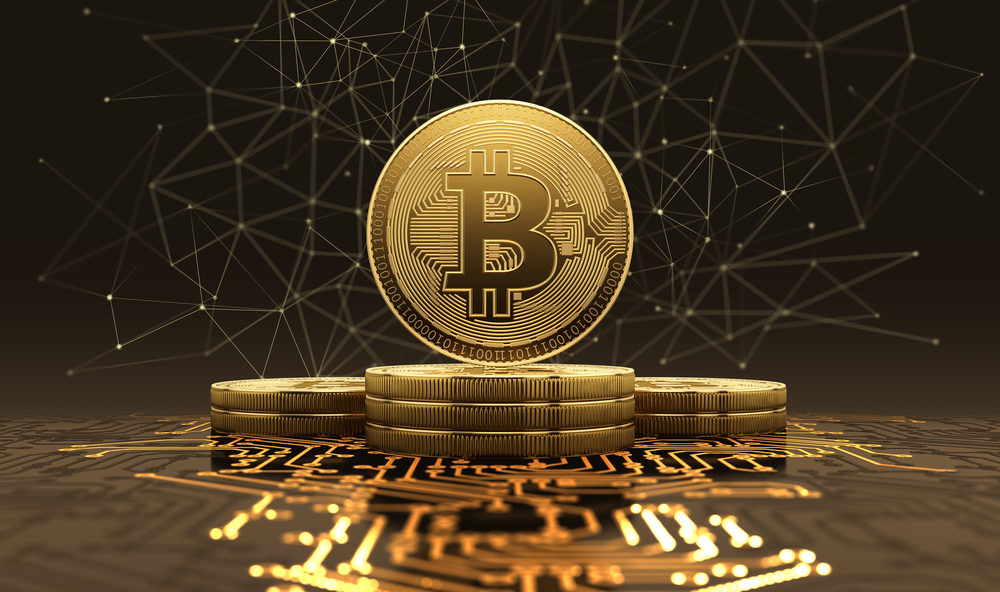Most of us are familiar with the concept of hibernation, where animals in the wild save up their energy during tough weather conditions and scarcity of food.
Similarly, the recent period in the world of crypto has proven that decentralized finance has also experienced a chilling winter – much like the bears in hibernation.
The decentralized finance market has recently witnessed a significant drop in the total value locked, plummeting to around $50 billion. This is a stark contrast from its previous peak, which reached around three times that amount.
Despite this setback, there are still questions regarding DeFi’s potential to transform into a fully immutable financial system.
DeFi Still Making Strides
Amidst the recent turmoil, DeFi has managed to make meaningful strides toward this goal. For instance, various DeFi projects have introduced innovative ways to secure their networks and minimize the potential for fraud and manipulation.
Moreover, several DeFi protocols have expanded their functionalities, enabling users to engage in more complex financial activities such as yield farming, flash loans, and decentralized exchanges.
As the DeFi ecosystem continues to evolve, it is becoming increasingly evident that this financial model has the potential to offer a viable alternative to traditional finance.
The growing interest from institutional investors, governments, and mainstream media is a testament to this fact.
With continued innovation and a strong commitment to security, DeFi could potentially become the cornerstone of a new decentralized financial system, empowering millions of people worldwide.
Making the Most of Smart Contracts
One of the core features of decentralized finance is the use of smart contracts, which embed settlement instructions directly into the code.
Additionally, safety features such as over-collateralized lending standards have allowed other platforms to successfully retrieve millions of Dollars from a financially compromised borrower, Celsius Network.
This serves as a stark reminder of the importance of decentralized systems in ensuring financial stability and security.
By utilizing blockchain technology and smart contracts, DeFi platforms have been able to establish a trustless ecosystem, where users are not required to rely on intermediaries to facilitate transactions.
As the decentralized finance space continues to evolve and mature, it is likely that more traditional financial institutions will start to take note of its benefits.
To unleash its full potential, the decentralized finance industry needs to revamp its narrative. In the past, many DeFi protocols have lured users by offering unsustainable yields, especially during the peak of the DeFi Summer.
This was partly fueled by a supportive macroeconomic backdrop. However, with the subsequent rise in interest rates and inflation, along with the risk-free rate of return on six-month Treasury bills breaching 5%, the blockchain has lost some of its allure.
These developments underscore the need for DeFi to evolve and adapt to changing market conditions. Rather than relying on unsustainable yields to attract users, decentralized finance projects should prioritize building sustainable, long-term value for their communities.
By offering innovative solutions that solve real-world problems, such as tokenized securities and decentralized lending, DeFi can position itself as a viable alternative to traditional finance.
As the industry continues to mature and refine its value proposition, it has the potential to become a key driver of financial innovation and inclusion for millions of people worldwide.
DeFi’s Success Partially Depends on Smart Contracts
The success of DeFi depends not only on the ingenuity of smart contract engineers but also on the regulatory environment in which it operates. Some countries, like Germany, have taken a proactive approach to regulate blockchain and its various applications.
Germany’s financial watchdog, BaFin, has issued legislation on initial coin offerings, decentralized apps, and security token offerings in an effort to promote financial stability while still fostering innovation.
Final Thoughts
Despite the regulatory uncertainty, decentralized finance continues to grow and innovate. As the industry matures, it will become increasingly important to strike a balance between regulation and innovation.
With the right regulatory framework in place, DeFi has the potential to transform the financial sector and improve the lives of people around the world.











